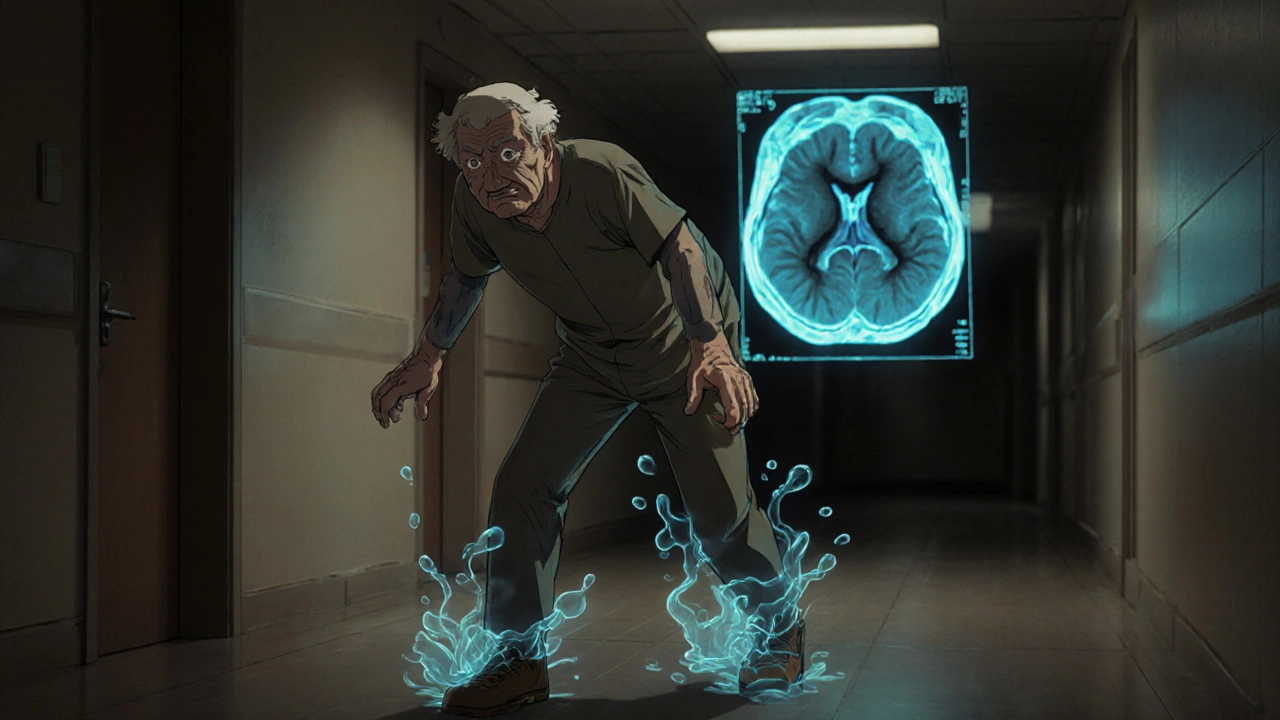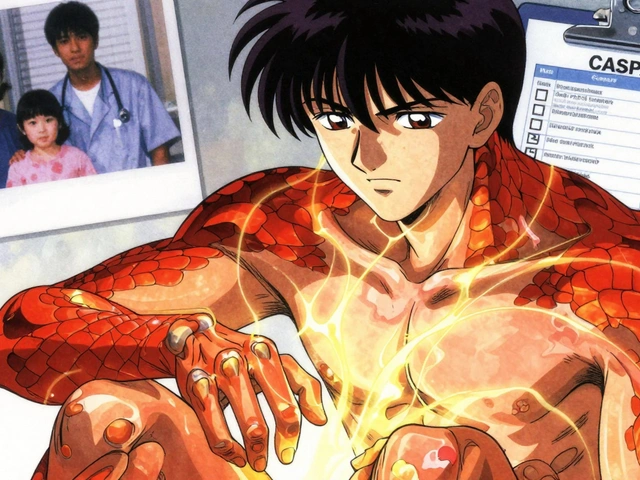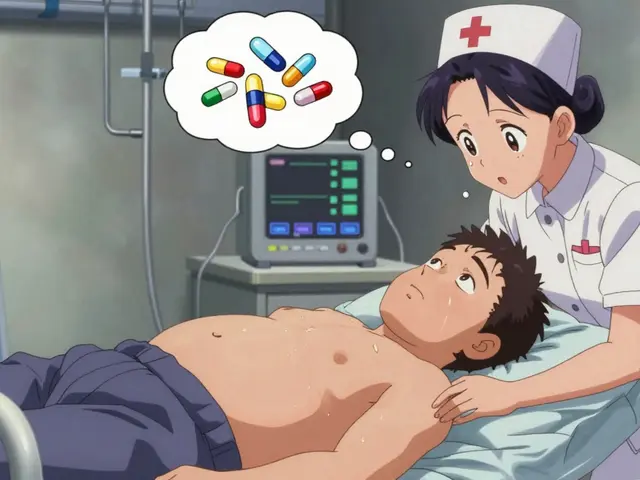Normal Pressure Hydrocephalus: Symptoms, Diagnosis, and Treatment Options
When older adults start walking strangely, forgetting things, or losing bladder control, it’s often written off as aging. But for some, it’s normal pressure hydrocephalus, a treatable brain condition where excess cerebrospinal fluid builds up without increasing pressure. Also known as NPH, it’s not dementia—it’s a mechanical problem that can be fixed with the right intervention. Unlike Alzheimer’s, where brain cells die over time, NPH is caused by fluid that won’t drain properly. The brain doesn’t swell under pressure, which is why it’s called "normal pressure"—but the fluid still squeezes the areas that control walking, thinking, and bladder function.
This condition often shows up in people over 60, and it’s surprisingly common—estimates suggest up to 5% of people diagnosed with dementia might actually have NPH. The three classic signs are easy to spot if you know what to look for: trouble walking (like your feet are stuck to the floor), confusion or memory loss that gets worse slowly, and losing control of your bladder. These symptoms don’t come all at once. They creep in, one at a time, over months or even years. That’s why so many people get misdiagnosed. But here’s the thing: if caught early, NPH can be reversed. A simple surgical procedure called a shunt can drain the extra fluid and restore function in most cases.
Shunt surgery isn’t without risks, but for the right patient, it’s life-changing. People who couldn’t walk without help start walking again. Memory improves. Bladder control returns. The key is getting tested properly. A brain scan alone won’t cut it—you need a spinal tap or lumbar drainage test to see if removing fluid temporarily improves symptoms. That’s the only way to tell if a shunt will work. And it’s not just about the surgery. Recovery involves rehab, physical therapy, and patience. It’s not a cure-all, but it’s one of the few neurological conditions where a simple fix can turn someone’s life around.
What you’ll find in the posts below is a collection of real-world insights into how NPH connects to other brain conditions, what medications are used to manage symptoms, how it overlaps with stroke recovery and aging-related cognitive changes, and what doctors actually look for when making a diagnosis. These aren’t textbook definitions—they’re practical, lived experiences from patients, caregivers, and clinicians who’ve seen what works and what doesn’t. If you or someone you care about is struggling with unexplained walking problems or memory loss, this is where the real answers begin.
Normal Pressure Hydrocephalus: Understanding Gait Issues, Cognitive Changes, and Shunt Treatment
By Lindsey Smith On 19 Nov, 2025 Comments (14)

Normal Pressure Hydrocephalus (NPH) is a treatable cause of dementia with classic symptoms: gait trouble, memory issues, and bladder control problems. Early diagnosis through CSF tests and shunt surgery can reverse symptoms in most patients.
View More




